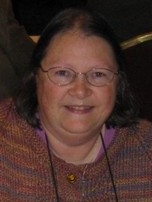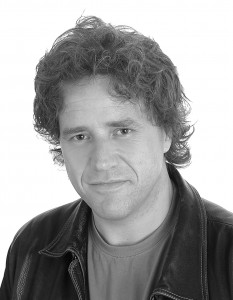
That pesky podcasting journey. We left off last time as I burbled confidently about the software required to record author interviews. I seem to recall mentioning that familiarity with the geekery was all it took. It turns out though, that you have to make a few more mistakes before all is well in the poddyverse. Just in case you fancy popping some interviews on your website for fun, traffic and interactivity, here are some of the things I learned the hard way.
I had already made a few decisions about the interviews themselves. I’ve been interviewed enough myself to know the frustrations of being asked all the wrong things by someone who clearly hasn’t read the right book, so I wanted the end result to be pleasing to the author. At the same time, I wanted to get a little beyond the usual verbal press release. I hoped to find areas of common ground, get a bit psychological maybe and of course have a fine old chat and a bit of a laugh. That’s a tall order with someone you can’t see and have never met so I plumped to semi-prepare us. Continue reading “The Hubris of the Long-Distance Podcaster.”




